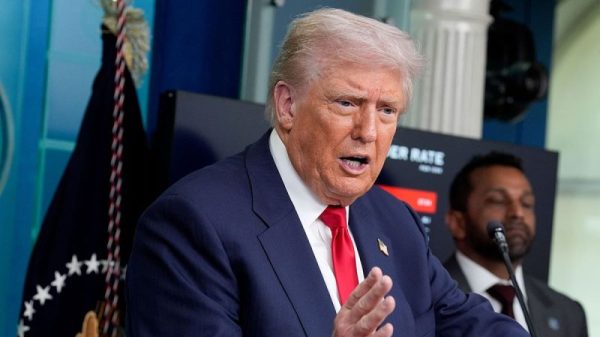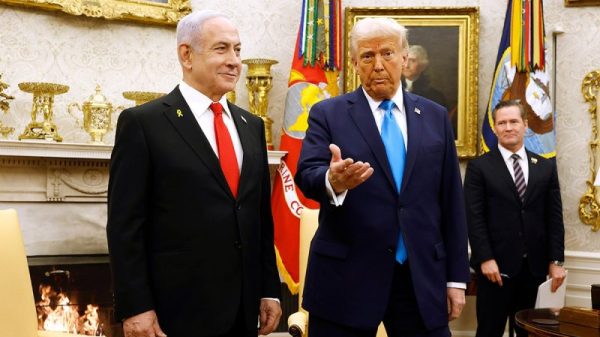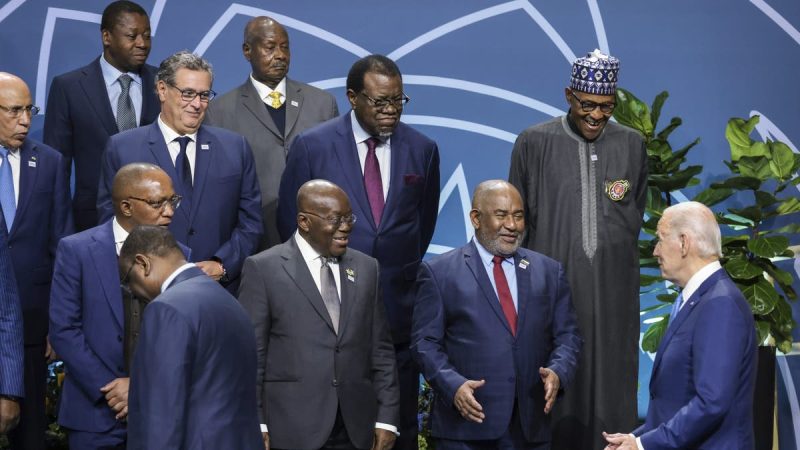President Biden Travels to Africa: Examining the Challenges Faced by African Countries Amid China’s Rapid Expansion
The recent visit of President Biden to Africa has shed light on the complex dynamics at play on the continent. As African nations grapple with economic challenges, infrastructure deficits, and political instability, the growing influence of China looms large. The promise of increased investments and development aid from the United States has often been overshadowed by China’s aggressive expansion in the region.
One of the key issues facing African countries is the disparity between promises made by foreign powers and the actual delivery of aid and support. Over the years, African nations have been enticed by ambitious pledges of economic assistance and infrastructure development from Western countries, only to be left wanting when it comes to tangible outcomes. The Biden administration’s visit to Africa highlights the need for a more nuanced approach to engaging with African nations, one that takes into account the unique challenges they face and offers sustainable solutions.
China’s rapid expansion in Africa has raised concerns among Western powers about the implications for regional stability and global power dynamics. The Chinese government’s investments in infrastructure projects, natural resource extraction, and diplomatic partnerships have positioned China as a key player in the region. This has prompted criticism from countries like the United States, who view China’s growing influence as a threat to their interests in Africa.
The competition between China and Western nations for influence in Africa has created a complex geopolitical landscape, with African countries caught in the middle. While Chinese investments have brought much-needed infrastructure and economic growth to the continent, they have also been accompanied by concerns about debt sustainability, environmental impact, and labor practices. African leaders must navigate these competing interests and strike a balance between attracting foreign investment and safeguarding their national sovereignty.
In light of these challenges, President Biden’s visit to Africa serves as an opportunity to reevaluate the policies and priorities of the United States in the region. Instead of making grand promises that may not materialize, the Biden administration should focus on building sustainable partnerships with African nations based on mutual respect and shared goals. This includes supporting African-led initiatives for economic development, promoting good governance and transparency, and addressing key issues such as climate change, public health, and security.
Ultimately, the future of Africa will be shaped by how its leaders navigate the competing interests of global powers and prioritize the needs of their own people. As foreign powers vie for influence on the continent, African nations must assert their agency and pursue policies that serve the best interests of their citizens. President Biden’s visit to Africa should serve as a catalyst for a renewed focus on partnership, collaboration, and shared prosperity in the region.


































